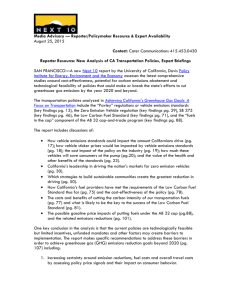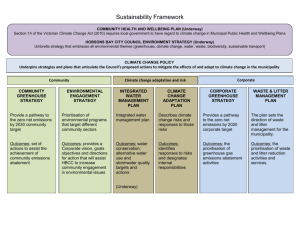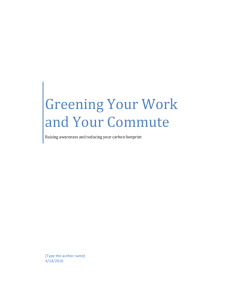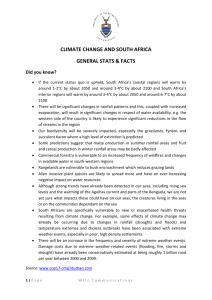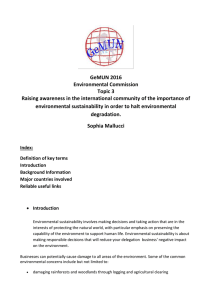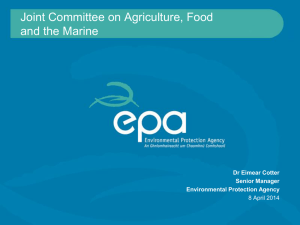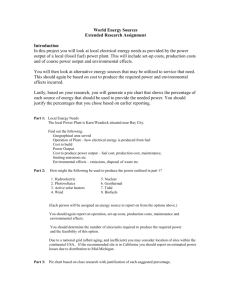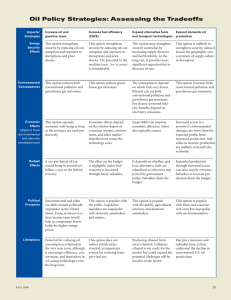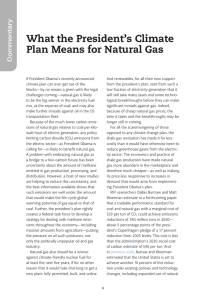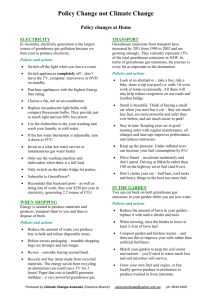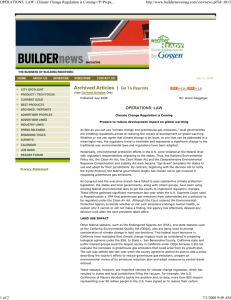Latest Testimony on HB 2186
advertisement
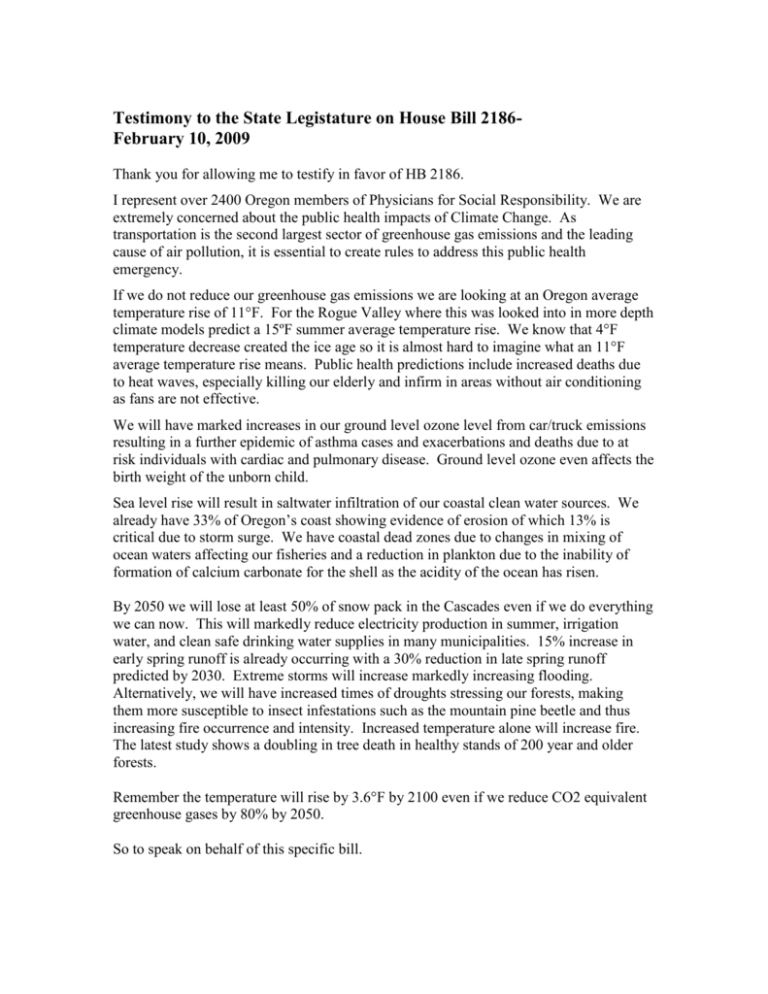
Testimony to the State Legistature on House Bill 2186February 10, 2009 Thank you for allowing me to testify in favor of HB 2186. I represent over 2400 Oregon members of Physicians for Social Responsibility. We are extremely concerned about the public health impacts of Climate Change. As transportation is the second largest sector of greenhouse gas emissions and the leading cause of air pollution, it is essential to create rules to address this public health emergency. If we do not reduce our greenhouse gas emissions we are looking at an Oregon average temperature rise of 11°F. For the Rogue Valley where this was looked into in more depth climate models predict a 15ºF summer average temperature rise. We know that 4°F temperature decrease created the ice age so it is almost hard to imagine what an 11°F average temperature rise means. Public health predictions include increased deaths due to heat waves, especially killing our elderly and infirm in areas without air conditioning as fans are not effective. We will have marked increases in our ground level ozone level from car/truck emissions resulting in a further epidemic of asthma cases and exacerbations and deaths due to at risk individuals with cardiac and pulmonary disease. Ground level ozone even affects the birth weight of the unborn child. Sea level rise will result in saltwater infiltration of our coastal clean water sources. We already have 33% of Oregon’s coast showing evidence of erosion of which 13% is critical due to storm surge. We have coastal dead zones due to changes in mixing of ocean waters affecting our fisheries and a reduction in plankton due to the inability of formation of calcium carbonate for the shell as the acidity of the ocean has risen. By 2050 we will lose at least 50% of snow pack in the Cascades even if we do everything we can now. This will markedly reduce electricity production in summer, irrigation water, and clean safe drinking water supplies in many municipalities. 15% increase in early spring runoff is already occurring with a 30% reduction in late spring runoff predicted by 2030. Extreme storms will increase markedly increasing flooding. Alternatively, we will have increased times of droughts stressing our forests, making them more susceptible to insect infestations such as the mountain pine beetle and thus increasing fire occurrence and intensity. Increased temperature alone will increase fire. The latest study shows a doubling in tree death in healthy stands of 200 year and older forests. Remember the temperature will rise by 3.6°F by 2100 even if we reduce CO2 equivalent greenhouse gases by 80% by 2050. So to speak on behalf of this specific bill. We need low car carbon fuel standard to address in a flexible way reduction of reliance on foreign oil. Under a well-designed LCFS, fuel suppliers must reduce the life cycle emissions of the fuels they sell on an average per-gallon basis. Rather than promoting particular technologies or specific fuels, this bill would allow fuel suppliers freedom to choose how they meet the emissions targets. Fuel efficiency is also a function of the vehicle itself so this bill allows rules to require maintenance or retrofitting of medium-duty and heavy-duty trucks in order to reduce aerodynamic drag and otherwise reduce greenhouse gas emissions from those trucks. Regular checks on inflation of tires will help educate the public as well on simple measure to take to improve gas mileage. It was a pleasure to take part in the grand opening of the plug in stations at the Jubitz Truck stop in Portland. There are excellent studies showing a marked improvement in sleep and reduction in exposure to diesel fumes from plugging in the trucks rather than allowing them to idle to provide heat or cooling for the driver as well as power for refrigeration or other in-truck needs during the eight hours down time required for safety in the industry. As a biker, who tries to avoid heavy diesel emission streets, I can imagine the particulate reduction, the benzene and other significant toxins that will not be emitted. Electricity generated even by the most inefficient plant is still more efficient than running a truck to provide electricity. Thank you again for allowing me to testify for this very reasonable and practical bill. Testimony for HB 2186 Authorizing the Environmental Quality Commission to adopt rules to help state to achieve greenhouse gas emissions reduction goals. Catherine Thomasson, MD Oregon Physicians for Social Responsibility SW Washington #1012 Portland, OR 97205 503-819-1170 thomassonc@comcast.net
